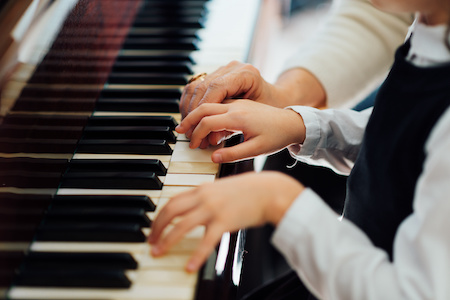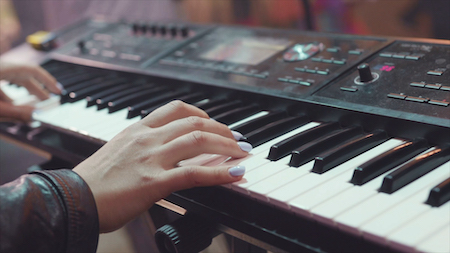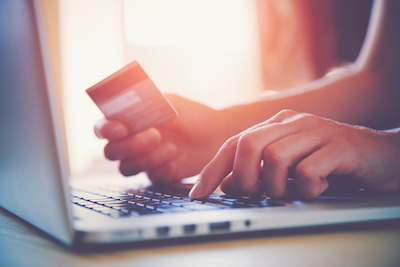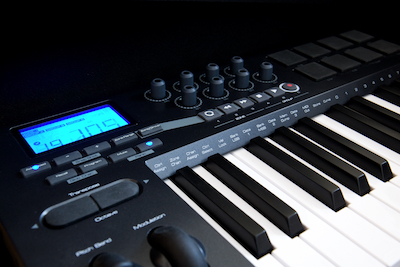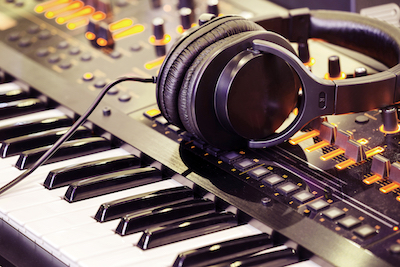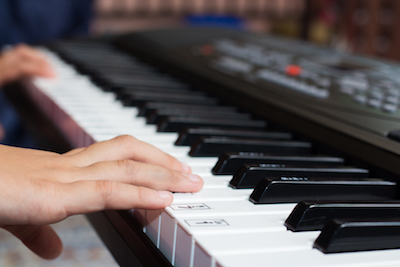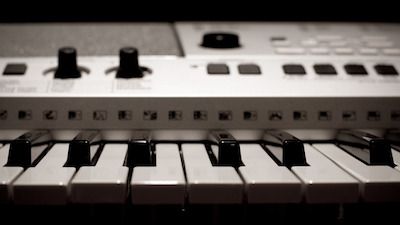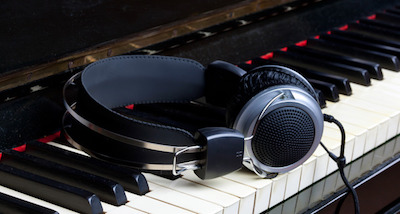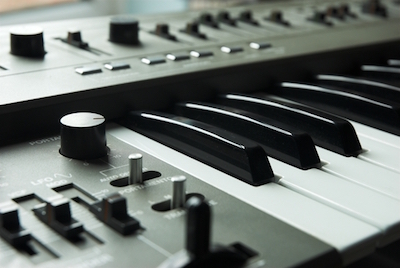The fastest way to learn something is with a teacher. Finding the right teacher isn’t always an easy process.
That’s true for any subject, including music. Choosing the right piano teacher means finding one who resonates with your personality and keeps your music goals in place.
Whether you’re a beginner or looking to refine your skills, finding the right piano teacher is crucial to your success. With so many options out there, it can be overwhelming to make the right choice. Where do you begin to ensure a rewarding and fulfilling learning experience?
Qualifications and Experience
First, check the qualifications and experience of your potential piano teacher. A good teacher should have a solid educational background in music, ideally with a degree in music education or performance. Look for teachers who have years of experience teaching students at your skill level. An experienced teacher will have encountered various learning styles and can adapt their teaching methods to suit your needs.
Teaching Philosophy
Every piano teacher has their own teaching philosophy and approach. Finding a teacher whose philosophy aligns with your goals and learning style is essential. Some teachers emphasize classical training, while others may focus on contemporary or jazz styles. Discuss your musical interests and goals with prospective teachers to see if they fit you.
Patience and Communication Skills
Learning to play the piano can be challenging, especially for beginners. A patient and understanding teacher can make a world of difference in your learning experience. A great teacher should be able to break down complex concepts into understandable terms and provide constructive feedback to help you improve.
Availability and Scheduling
Consider the teacher’s availability and scheduling options. Are they flexible with lesson times? Do they offer both in-person and online lessons? Choose a teacher whose schedule aligns with yours to ensure consistency in your piano lessons.
Student Reviews and Recommendations
Don’t hesitate to ask for references or read online reviews from current or former students. Hearing about others’ experiences can provide valuable insights into a teacher’s teaching style, personality, and effectiveness. Positive reviews and recommendations can strongly indicate a teacher’s quality.
Musical Versatility
While specialization is valuable, a well-rounded piano teacher who can introduce you to various musical styles and genres can be beneficial. Learning different styles can broaden your musical horizons and make you a more versatile pianist.
Performance Opportunities
If you’re interested in performing, inquire about the teacher’s involvement in recitals or opportunities for students to showcase their skills. Performance experiences can boost your confidence and motivation, so it’s essential to have a teacher who encourages and supports such endeavors.
Location and Accessibility
If you prefer in-person lessons, consider the teacher’s location. Is it convenient for you to travel to their studio? Make sure the location is accessible and safe, especially if you’ll be attending lessons regularly.
Cost and Policies
Discuss the cost of lessons and the teacher’s payment policies upfront. Some teachers offer a trial lesson or package deals, while others have a strict payment schedule. Clarify any cancellation policies as well to avoid misunderstandings later.
Personal Connection
Last but not least, trust your instincts. A personal connection with your piano teacher can enhance your learning experience. It’s important to feel comfortable and motivated during your lessons. It might be worth exploring other options if you have reservations or feel uneasy about a particular teacher.
Want to be a better piano player? Lessons are a good approach. But don’t rush the process of finding the right teacher to suit your needs.
Take your time to research and meet with potential teachers to ensure they meet your criteria. Remember that a great piano teacher can inspire you, motivate you, and help you reach your musical goals. Don’t rush the decision.
Take the time to find the perfect match, and your piano playing will flourish under the guidance of the right teacher.
How can we help you in your music journey?
